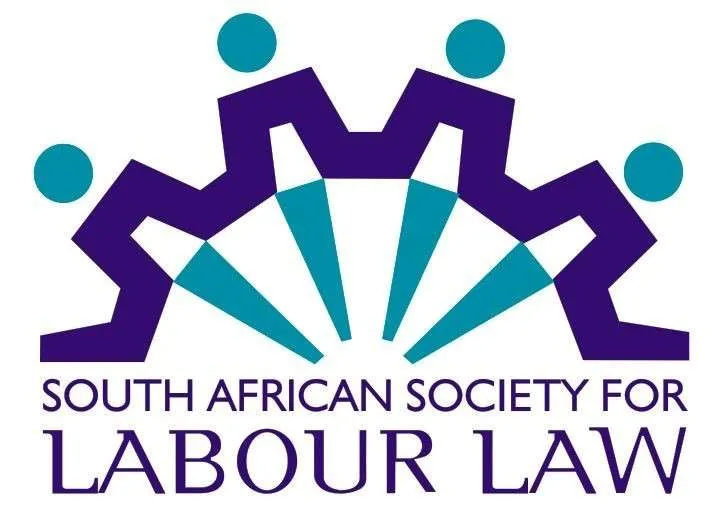
In a recent ruling by the Labour Court of South Africa, Johannesburg, the complexities of free speech concerning workplace regulations have been thrown into sharp relief. The case in question, Van Straaten v Commissioner Julies Wehncke & Others, JR 1876/21, centered on the review and setting aside of an arbitration award, which found the dismissal of an employee, Mr. V, by the OUTA (Organization Undoing Tax Abuse) to be both procedurally and substantively fair. This dismissal was the direct result of racist comments made by Mr. V on his personal Facebook page.
Despite Mr. V’s defence of exercising his right to freedom of expression, the court maintained a firm stance that his comments were unmistakably racist, and thus, his dismissal was justified. The court’s decision underscores a crucial message: racism in the workplace is a valid ground for dismissal.
The judgment further clarified that freedom of expression has its limits and does not extend to protect discriminatory or racist remarks. The labour court’s role, in this case, was to determine whether the arbitrator’s decision was reasonable, based on the evidence presented.
Ultimately, the application to review and overturn the arbitration award was denied, and costs were ordered against Mr. V, emphasizing the gravity of his conduct and the court’s low tolerance for such behaviour.
Here are some key takeaways from the judgment:
FAQs about the Case
1. Can racist remarks on a personal social media account lead to workplace dismissal?
Yes, even if the remarks are made in a personal capacity, they can result in consequences at work if they reflect negatively on the employer or contravene workplace policies against discrimination.
2. Does freedom of expression protect racist or discriminatory comments?
No, the court found that the boundaries of freedom of expression do not shield discriminatory or racist remarks.
3. What is the significance of the employee’s attitude post-dismissal?
The employee’s lack of remorse, adamant and defiant stance, and refusal to acknowledge the severity of his misconduct can negatively impact the court’s perception and the outcome of the case.
4. Is the outcome of an arbitration regarding dismissal always final?
Not necessarily. The outcome can be reviewed by the labour court, but the court will only overturn the decision if it is found to be outside the range of reasonable outcomes based on the evidence.
5. What were the cost implications for Mr. V?
He was ordered to pay costs on an attorney-and-client scale, which is more severe than normal party and party costs, which suggests that the court found his application to be without merit and his conduct deserving of a penalty.
Conclusion
The court’s ruling is a clear indication that actions and expressions of racism will not be tolerated, regardless of the platform used. It also reminds us that while freedom of speech is a fundamental right, it is not absolute and must be balanced against other individuals’ rights to dignity and respect.
The case of Van Straaten is a sobering example for all employees to be mindful of their conduct both in and out of the workplace, and for employers to uphold a zero-tolerance approach to racism and discrimination.
“Freedom of speech is not an absolute right.” – this quote from the case epitomizes the lesson from this ruling, serving as a stark reminder that with rights come responsibilities and that freedom of expression is no shield for hate speech or racism.













